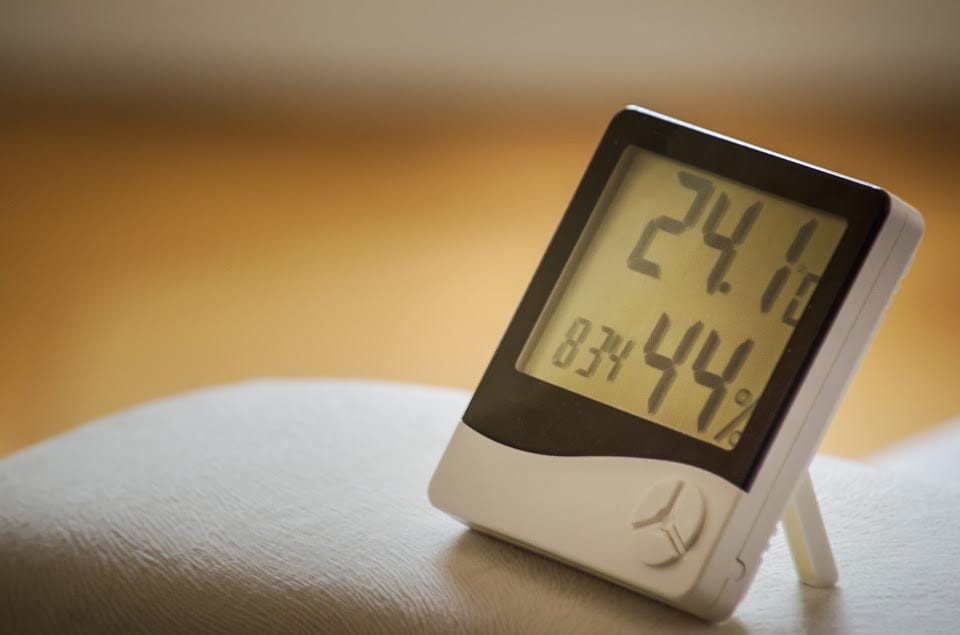Humidity and the Home
Generally, we spend the majority of our time indoors, and two thirds of it at home – so ensuring indoor humidity level is optimal is essential for our wellbeing.
If humidity levels are high, it can have the negative impact on not just the energy bills, but more importantly on family health, as well as the overall health of your home – so controlling your home’s humidity levels is important for multiple reasons.
Humidity directly affects how comfortable we feel and impacts our health, and increased humidity can even cause us to feel depressed and lead to serious illnesses.
Some of the more severe health issues that are result of poor indoor air quality include: persistent rashes, nausea, rapid heartbeat, asthma attacks, heat stroke, muscle pain, and frequent headaches.
Relative humidity, an aspect of air quality that used to be underrated, has received more and more attention the past years, and one research found that physical strength, feeling healthy, happy, and social affection as part of our emotional well-being are all influenced by it.
Higher indoor humidity levels over time lead to many damages in the house due to condensation on windows and walls, manifesting in wood rot and warp, molds, damp spots, paint peel, and corroding furniture.
Also, humidity can have a negative impact on fine instruments, such as pianos, violins, cellos, guitars and wind instruments. They require close monitoring of humidity levels, and should be kept in a room with a dehumidifier, with the relative humidity of around 50–55%.
Here are some reasons why controlling humidity levels and dehumidifying your home is so important:
- Less upper respiratory congestion, wheezing, fatigue, dizziness, and watery eyes
- You may feel less clammy, cold, or itchy
- There’ll be less bacteria and viruses in the air
- There’ll be no mold and mildew, and less toxins
- Less allergies caused by dust mites and other bugs, and overall less bugs
- Increased overall wellbeing
- No damage to the house, furniture, and even musical instruments
- Decreased heating costs
Ideally, your home’s humidity level should be maintained between 30% and 55%.
The best way to measure humidity is with an instrument called a hygrometer, or humidity sensor or relative humidity indicator, which measures the amount of condensation as well as evaporation.
If you live in a climate with four proper seasons and extreme temperatures, it’s especially important to know how to properly measure and keep the recommended humidity levels. In addition to relative humidity, air movement also contributes to thermal comfort.
To handle your home’s improper humidity, look for a humidification system or a whole home ventilation system to help increase your home comfort and decrease your risk of humidity related health issues.

The suggested indoor temperature to feel comfortable in your home, especially during the winter is around 68 degrees F, and the relative humidity not to exceed 55%. A humidifier connected to your furnace or a separate unit will help you monitor and control the humidity of your home all year long.
UGI Heating, Cooling & Plumbing has been providing a full range of high-quality home comfort products and services for over a century, and our comfort advisors are here to provide you with the energy efficient options that fit your needs.
Are you ready to achieve the perfect humidity level for the maximum comfort and health in your home? Contact us for more information on our HVAC services and to find the best option for your home:
Categories
Our Current Specials
Click here to view all coupons/offers >
Call UGI Heating, Cooling & Plumbing today at 1-833-980-3496 to take advantage of this offer.
Click here to Schedule an Appointment >








